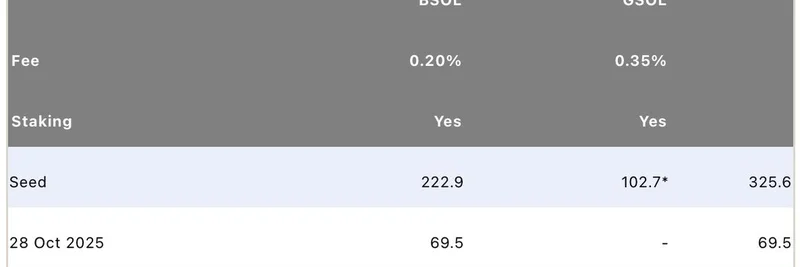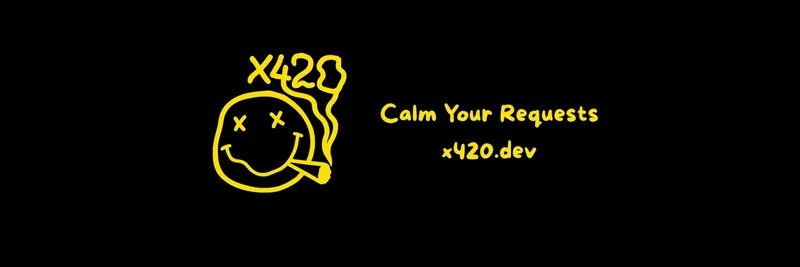Hey there, meme enthusiasts and blockchain buffs! If you've been scrolling through your feed today, you might've caught wind of some big news from the crypto world. BSC News dropped a tweet that's
- The tweet has no images, so the article won't include a cover or embedded images.
got everyone talking: the US Treasury just slapped sanctions on 19 entities in Myanmar and Cambodia linked to shady crypto scam operations tied to human trafficking. Let's break this down in simple terms and see what it means for the meme token scene.
What's the Deal with These Sanctions?
First off, what's a sanction? Think of it as the government's way of saying, "You're cut off!" The US Treasury's Office of Foreign Assets Control (OFAC) uses sanctions to freeze assets and block dealings with bad actors. In this case, they're targeting groups that have been running massive scam factories in Southeast Asia.
According to reports from sources like CryptoNews, these operations have defrauded Americans out of over $10 billion just in 2024. That's a staggering amount—enough to make even the wildest meme coin pump look like pocket change.
The scams in question are mostly "pig butchering" schemes. No, it's not about actual pigs; it's a brutal metaphor for how scammers fatten up their victims with fake trust and promises before slaughtering their wallets. Victims get lured in through dating apps, social media, or texts, building fake relationships, and then convinced to pour money into bogus crypto investments.
The Dark Side: Human Trafficking and Forced Labor
Here's where it gets really grim. These scam networks aren't just digital thieves—they're built on human misery. Thousands of people, often recruited with fake job offers, end up trapped in compounds in places like Shwe Kokko in Myanmar or Sihanoukville in Cambodia. They're forced into debt bondage, beaten if they don't meet scam quotas, and sometimes even pushed into sex work.
The sanctioned entities include nine in Myanmar under the wing of the Karen National Army (a previously sanctioned group) and ten in Cambodia, like Yatai New City, Myanmar Yatai International Holding Group, and others tied to casinos turned scam hubs. Key figures like She Zhijiang, Saw Chit Thu, and Dong Lecheng are called out for their roles in this nightmare.
Under Secretary John K. Hurley put it bluntly: “Southeast Asia’s cyber scam industry not only threatens the well-being and financial security of Americans, but also subjects thousands of people to modern slavery.” This isn't just about money; it's a human rights crisis intertwined with crypto.
How Does This Tie into Meme Tokens?
Now, you might be wondering, "What does this have to do with my favorite dog-themed coins or viral meme projects?" Well, meme tokens thrive in the wild west of crypto, where hype can skyrocket values overnight. But that same environment makes them prime targets for scams.
Pig butchering often masquerades as hot investment tips, including fake meme coin pumps. Scammers create phony tokens or hype rugs (rug pulls, where devs dump and run) to fleece victims. By cracking down on these networks, the Treasury is indirectly cleaning up the space, making it safer for legit meme creators and investors.
For blockchain practitioners, this is a wake-up call. It highlights the need for better due diligence—check project teams, use reputable exchanges, and watch for red flags like unsolicited investment advice. Tools like Chainalysis reports on scam trends can help you stay informed.
Plus, as regulators get tougher on bad actors, it could boost confidence in the overall market. Remember, meme tokens aren't just jokes; they're part of a growing economy. Actions like these sanctions help separate the wheat from the chaff, potentially leading to more institutional interest and stable growth.
Wrapping It Up: Stay Vigilant, Meme On
This Treasury move is a big step toward dismantling these trafficking-fueled scam empires. While it's focused on Southeast Asia, the ripples will be felt globally in crypto circles. For us at Meme Insider, it's a reminder that behind the memes and moonshots, real people and ethics matter.
If you're diving into meme tokens, arm yourself with knowledge. Follow reliable sources, join communities like those on Binance Smart Chain, and always DYOR (Do Your Own Research). Got thoughts on this? Hit us up in the comments or on socials—we'd love to hear how this news hits your portfolio.
Stay safe out there, and keep those memes flowing! 🚀


